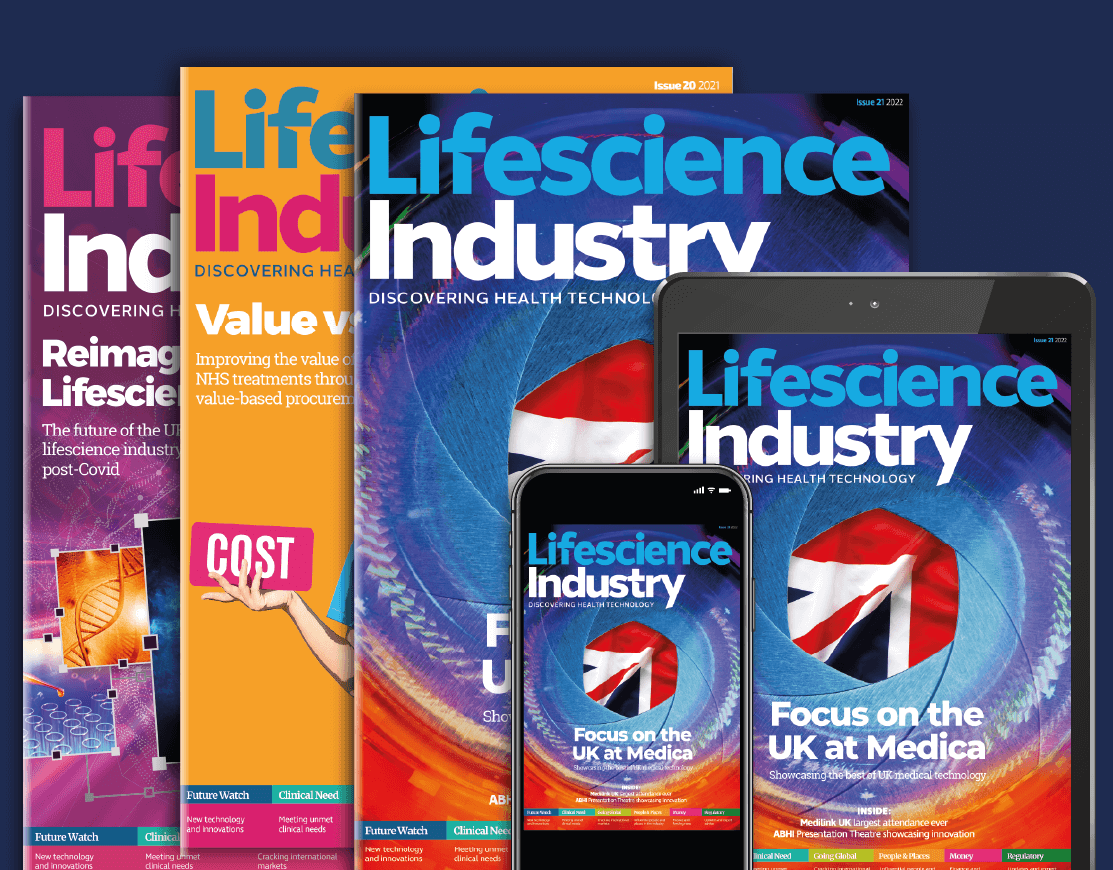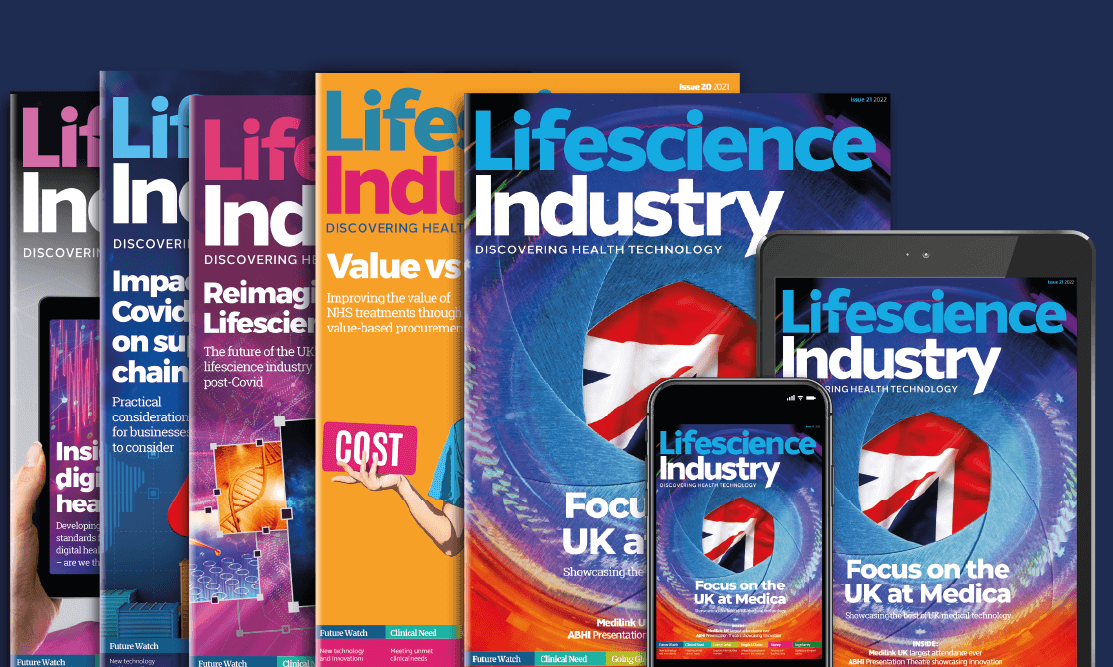
The British In-Vitro Diagnostic Association (BIVDA) has launched the first in a series of strategy papers, which will assess what the UK IVD industry needs to grow and thrive in the future. The first of these papers ’Emerging from the Pandemic – An Industry View’ examines what needs to be done to lock in our progress in developing systems to cope with infectious diseases.
The outbreak of SARS-CoV-2, first detected in China in December 2019, has been challenging for countries and societies on every continent, representing an extraordinary medical challenge with massive economic and societal impacts. However, it has led to extraordinary scientific breakthroughs and created collaborations between academics, universities and organisations to a level that has not been seen before. There is an urgent need to rapidly learn from the events of the last year and ensure that positive changes are built into our systems to cope for any re-emergence of COVID-19, and any future pandemics.
Covid-19 has shown the combined role of the citizen and the diagnostic device in managing public health, but has a deeper impact on how personal health will be tracked and improved for the future. The availability of high street, mail-order and digitally enabled diagnostics combined with a disrupted post-pandemic establishment, lab capacity, skills and a flow of venture capital gives the UK diagnostics sector a solid platform to strengthen. This paper makes a suite of recommendations for progressing the use of IVDs to help cope with future outbreaks, while encouraging greater use of diagnostics across healthcare settings.
Key recommendations include:
- Repurposing the existing Lighthouse Labs network would be a transitional way to keep testing and sequencing activity active while greater permanent capacity is built into UK research facilities. The UK is already a world leader in genomic sequencing and should be ready to utilise this skill whenever needed in future.
- Access to patient material is truly essential, and it is imperative that this is available for research and diagnostic purposes – a system similar to the UK Biobank to access samples could be considered and could be provided through re-purposed Lighthouse Laboratories.
- The rapid advances in the field of genomic testing should continue as the pandemic eases new variants will continue to be found, any one of which may require adjustments to vaccines or public health measures to control its spread.
- Fast track approvals for new devices should continue to give the UK strong systems for dealing with Covid-19 when it is endemic and current, e.g. influenza, and future pandemic preparedness. This should be extended to regulation and approval of digital technologies.
- A Task Force between Industry, BIVDA as the IVD trade association and NHS England should be established to oversee the allocation of testing equipment and expertise to ensure that it is used to best effect for patients post-pandemic across various sites within the laboratory and Lighthouse networks.
Commenting on the launch of the paper, BIVDA Chief Executive Doris-Ann Williams said:
“BIVDA and our members have been on the frontline of this pandemic, working closely with Government the NHS to develop and rollout pioneering tests for a new disease, developing new sequencing technologies to identify new strains, and scaling up domestic manufacturing to ensure a supply of safe, reliable testing devices to help us manage COVID-19. It is vital that lessons are learned from the last year, and this paper, which will be shared with stakeholders across Westminster and Whitehall, contains recommendations that will allow us to lock in our progress, meaning we are better prepared in the future.”
BIVDA Chief Operating Officer Helen Dent said:
“Our members have been central in the development of this paper – it is the voice of those companies who have been working hard over the last year to support our response to the pandemic, and their views and experiences should be front and centre when considering our future policy response to the problem of pandemic disease and diagnostics. We will be working closely with our members as we talk to the Government and NHS on the next steps of our journey of this pandemic, and our preparations for what comes next.”
The Strategy Paper can be downloaded here
News & Analysis







